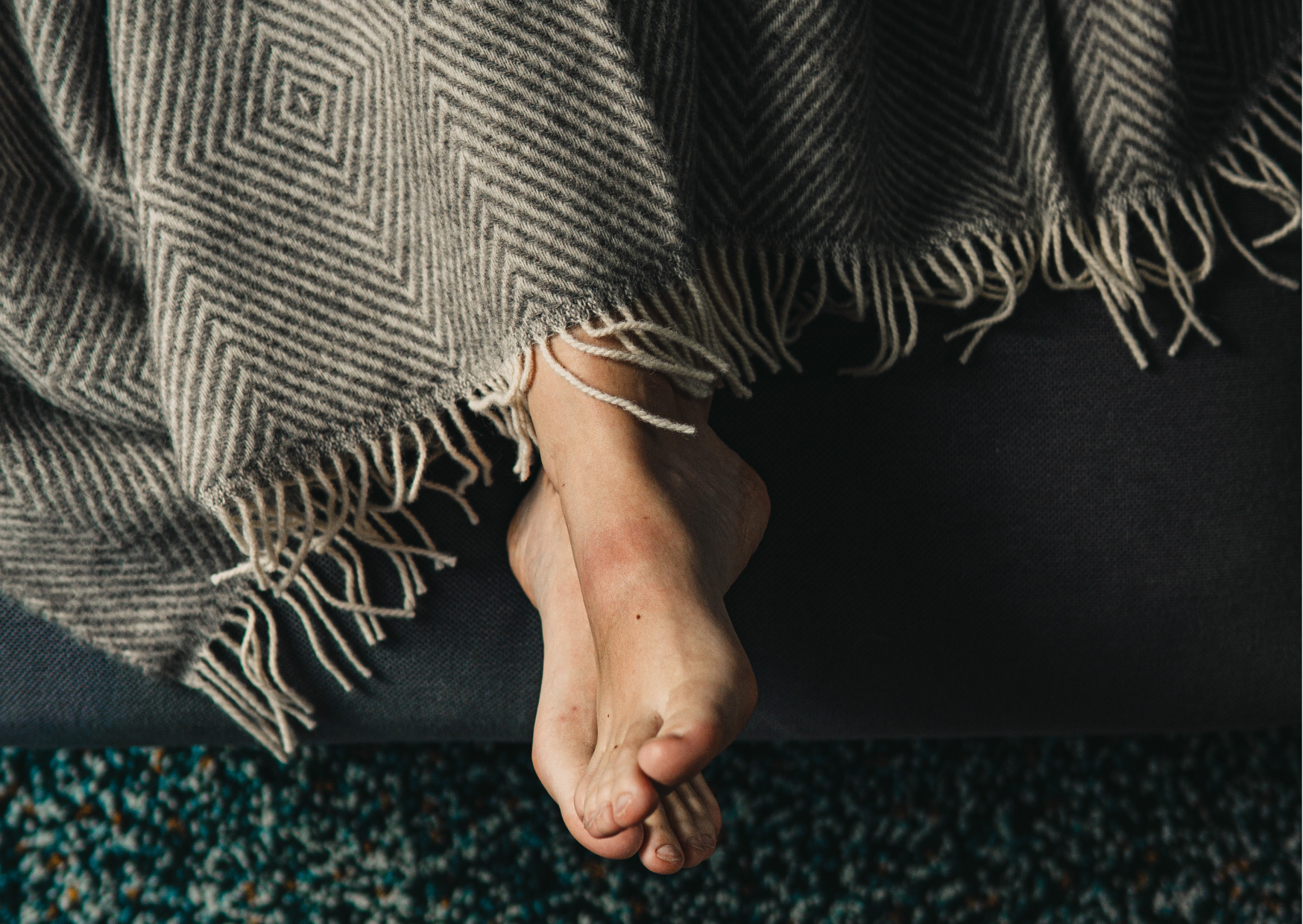As a therapist, I get this question a lot. “How do you know what is the right relationship for you?” I sense that my clients are looking for an easy checklist, but the answer I give is a bit tougher…
“First,” I ask, “what characteristics do all of your exes share in common?” My clients usually start by listing positive traits: their exes were all smart or funny or good-looking … BUT (here comes the sadness) they all cheated or were emotionally unavailable or chose their career over the relationship.
“And who does it remind you of?” I ask. It’s always immediately clear who. Mom. Dad. A brother or sister. When you ask the right questions, it’s obvious that there’s an unresolved relationship in the past that is coming to the surface through this repeated pattern. Clients often think this means that they are broken, but I remind them, “This pattern is an indication that you have a desire to heal.”
It’s like running in place on a treadmill. When you have an unresolved relationship in your past, you put a lot of energy into picking partners who are similar to your parents or siblings or anyone else you wished loved you more as a child. But as with a treadmill, the energy it takes to keep turning the wheel doesn’t actually move you forward. So all you can do is keep running till you’re out of energy. Sound familiar?

But the good news is: You have all this energy that, if put in the right places, can move you in the direction of happiness.
Growth is challenging. We often choose comfort over growth. In other words, repeating the same thing that hurts us is actually comfortable. Our egos remain intact that way. So do our familiar stories, painful though they are. It’s hard to be a beginner and admit you don’t really know what you’re looking for in another person. Growth begins when we challenge our comfort.
So how do we approach relationships from a real beginner’s mind? We start by developing a new relationship with ourselves. Before we try to get love from people around us, we have to see where our wounded inner parts — particularly the children within us — need the healing that they haven’t been getting up until now.

A good way to practice this is to look at how you’re talking to yourself. Do you speak to yourself in a mean, judgmental, or unforgiving way? If yes, you are bound to choose other people who treat you the same. Can you be kind, forgiving, and consistent with yourself? If yes, you are bound to choose others who treat you that way too.
What we resist will persist, that’s why we keep repeating patterns. But when we learn to push beyond these patterns by investing in ourselves, deepening our relationship with our own value, then we choose more fulfilling relationships.
If you’d like to access more of my published and unpublished writing, or more information on my work as a Licensed clinical social worker, psychotherapist and energy healer, visit my website www.atashyaghmaian.com. Interested in publishing my work? If you’re a literary agent comfortable with mental health, magical realism and memoir, I’d love to hear from you.


